One of the most talked-about artworks at Singaporean boutique art fair S.E.A. Focus this year was artist Jiaqi Sheng’s lightbox piece that declared “I need to breathe shopping centre air.” It’s a sentiment that any Southeast Asian knows intimately, as shopping malls are often their go-to spot to escape the tropical heat and humidity.
While the shopping mall is an undeniable part of the region’s cityscape, the homogenous experience leaves much to be desired. There is very little separating the tenant mix across developments, where you’ll find similar fast-food chains, bubble-tea franchises, food courts and department stores. That’s why an anti-mall movement is gaining ground across Southeast Asia, where independent entrepreneurs are boldly reimagining what a lifestyle and retail space can be. Rather than build anew, they have chosen to breathe new life into old spaces, guided by a desire to preserve the city’s heritage.
Soon-Wei Ee is one such vanguard who transformed his family’s fading printing workshop, Art Printing Works, in Bangsar into a lifestyle hub. Dissatisfied with developers’ predilection for building from scratch, he believed the new space – A Place Where (APW) – could set the tone for adaptive reuse in Kuala Lumpur. “If everyone were to erect new monumental buildings, there would be no diversity in our city,” he says. “Malaysia is a young country, so these representations of who and what we are matter.”
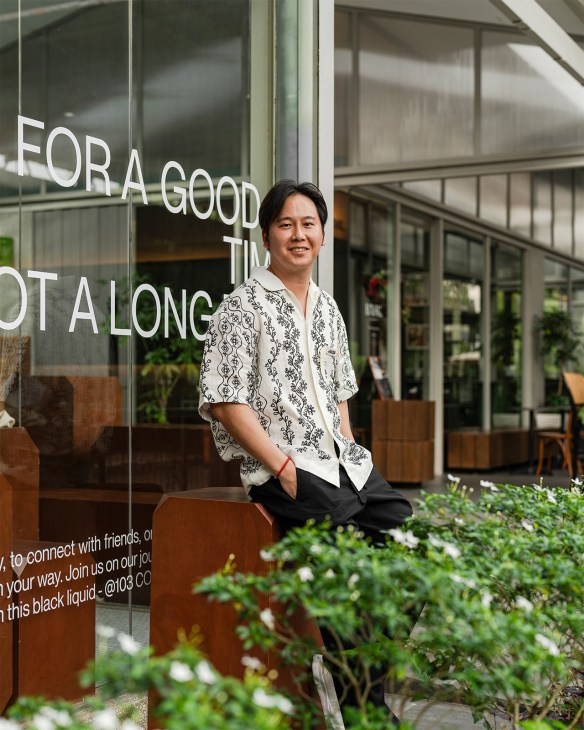
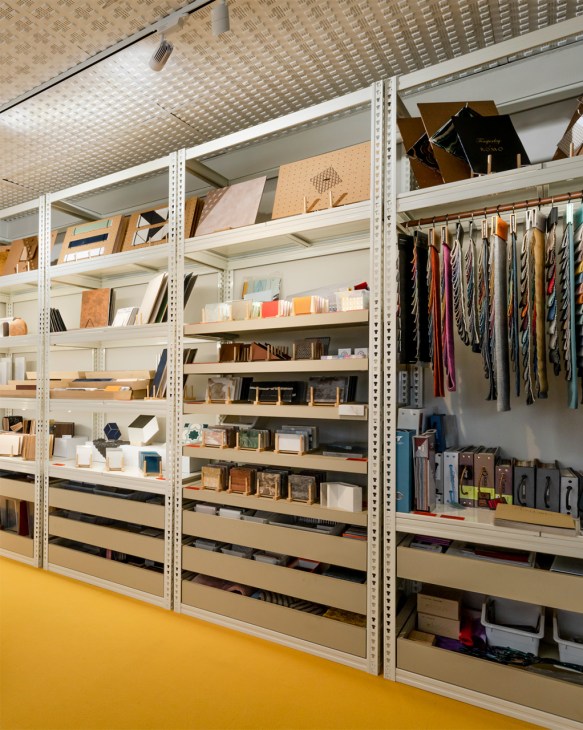

Instead of mimicking predictable shopping mall layouts, Ee, together with architecture firms Studio Bikin and Pow Ideas, blazed their trail with a mix of indoor and outdoor spaces, creating multiple discovery pathways for visitors. To mitigate urban heat, the team invested in lush landscaping and created a pocket park for guests to unwind, a sharp contrast to the hyper-stimulated mall environment.
Ee also spotted an opportunity to incubate local and regional brands. By intentionally crafting smaller shop lots, he reduced the barrier to entry for young entrepreneurs, attracting independent businesses such as halal-certified skincare brand Handmade Heroes, scent specialist Lilin+Co and fashion label Pestle & Mortar Clothing. With a roster of art exhibitions and brand pop-ups, APW soon established itself as a third space for Kuala Lumpur’s creative class. Won over by what Ee has built, American luxury label Coach also came knocking last year to establish a Coach Play concept store – an experiential retail space that includes a café and customisation studio. “They paid homage to APW’s history by creating Coach’s first ever interactive screen-printing service and co-branded merchandise,” says Ee.
APW’s success would have likely given courage to Datuk Yee Kong Fatt, managing director of Asset1 Land, who recently turned an international-high-school complex into The Campus Ampang, a sprawling community hub that fuses lifestyle offerings with fitness and wellness. Besides noteworthy local brands such as fashion label Nala, popular bakery Universal Bakehouse and specialty grocer Qra, this day-to-night destination, just outside of Kuala Lumpur, houses a running track, swimming pool and multiple ball courts, transcending a typical shopping-mall set-up.
While most developers look to the future, Yee, working with Martin Haeger from Kuala Lumpur-based architecture studio HL Architecture Sdn Bhd, drew from his schooling memories when preserving the 1960s complex to capture an unbridled youthful energy. “We kept as many of the original finishes as we could, including the pebble-stone flooring and terracotta tiles,” says Yee. “What we couldn’t [keep], we found a way to upcycle, such as salvaging glass panels from classrooms and installing them on the rooftop to channel light into communal spaces.” The team’s thoughtful approach is also reflected by Haeger’s decision to invite Lisette Scheers – who is not only Nala’s founder but also an alumna – to collaborate on the project. “Haeger recognised my connection to the space and wanted me to shape Campus Ampang’s overall look and feel,” says Scheers. “It has been a full-circle moment, bringing new life into a space that holds deep significance for many people. You can feel the shared nostalgia and collective joy when you walk through the halls.”
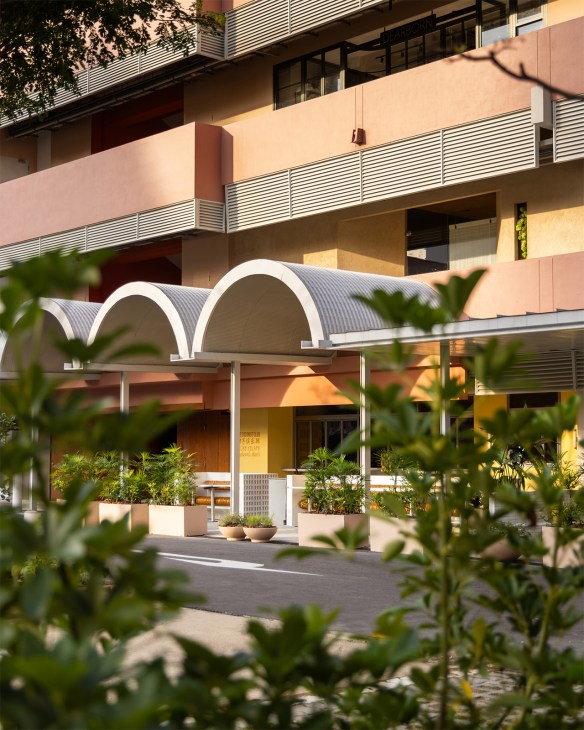
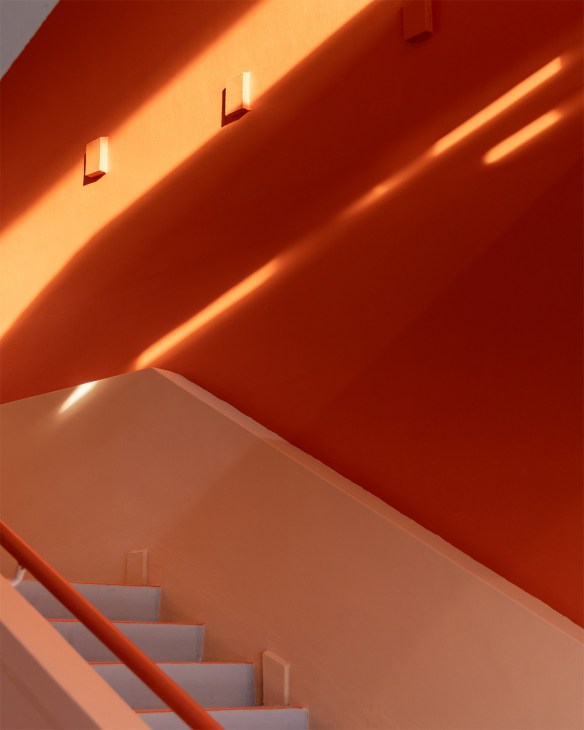
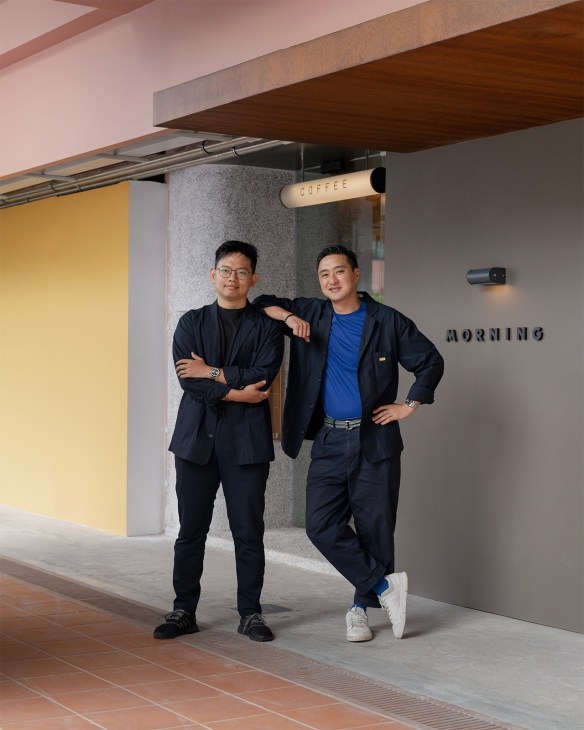
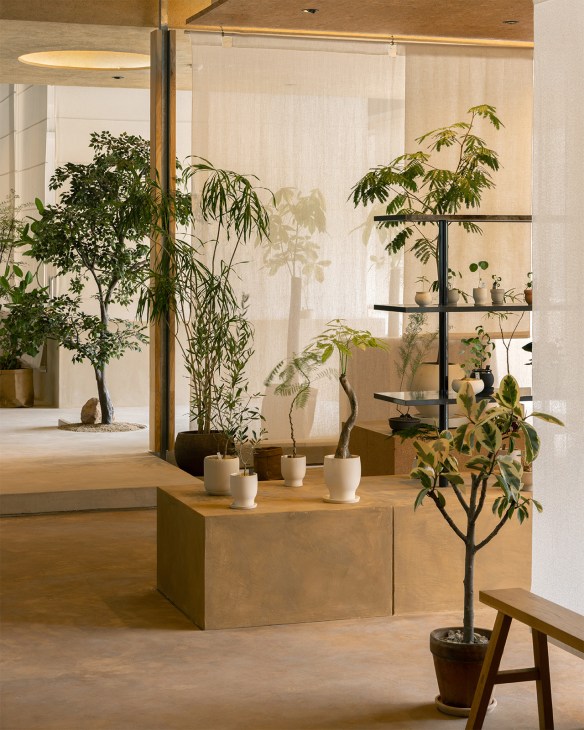
Another school complex that has been regenerated into a lifestyle development is Singapore’s New Bahru. As local hospitality heavyweight The Lo & Behold Group’s most ambitious project yet, it has assembled more than 40 homegrown brands across retail, wellness, hospitality and F&B to create the city-state’s first “creative cluster”. The breadth of talent, from rising fashion label Beyond The Vines to coffee specialist Morning, is The Lo & Behold Group founder Teng Wen Wee’s clarion call that Singapore’s independent businesses are here to stay. Rising against sky-high rents that disfavour start-ups and independent companies, Wee sought to create his mini movement by going big on small businesses. “While showcasing boundary-pushing local brands was always the plan, we’ve managed to go one step further: all our tenants come from Singapore,” he says. By bringing together the island’s best independent businesses in one place, he envisions New Bahru as a greenhouse that will inspire Singaporean ingenuity and ignite meaningful connections. The community’s spirit of collaboration has already taken root: leather artisan Crafune made the menus for restaurant Somma, while womenswear brand Rye designed the staff uniforms for ÁTIPICO | Room #15.
Building thriving communities is also the cornerstone of Bangkok’s lifestyle spaces, The Corner House and Baan Trok Tua Ngork, a mission uncommon among commercially-driven mall developers. “Bangkokians have commonly told us that they don’t have anywhere to go, since all the shopping malls are duplicates of one another,” says The Corner House’s co-founder, Thitipa Sornhiran. Together with her brother Sukrit Sornhiran, they have revived a 100-year-old Sino-Portuguese building in the Talat Noi neighbourhood, which used to house their grandfather’s shoe business, to create an inviting space for residents to gather. Beyond curating a tight selection of restaurants, cafés and retail stores, the duo has dedicated the third storey to “Thailand’s first co-playing cafe”, Such a Small World, which has vinyl listening booths, game pods and a bar. It also hosts regular live-music sessions and events. “Office workers today feel they don’t have good work-life balance, so we’ve set up a place where they can relax and meet new people,” says Sukrit.
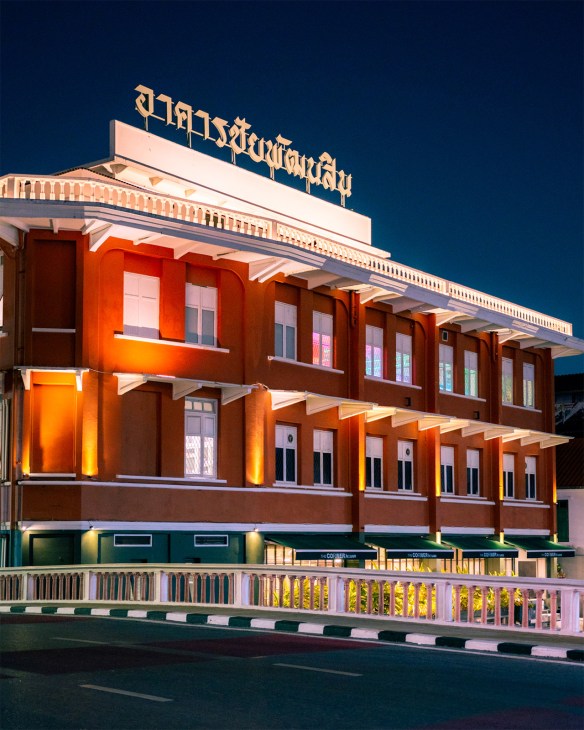
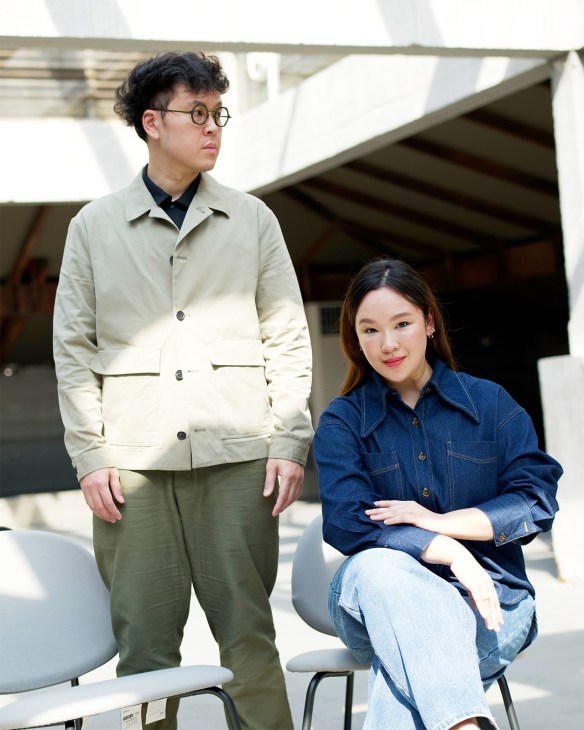
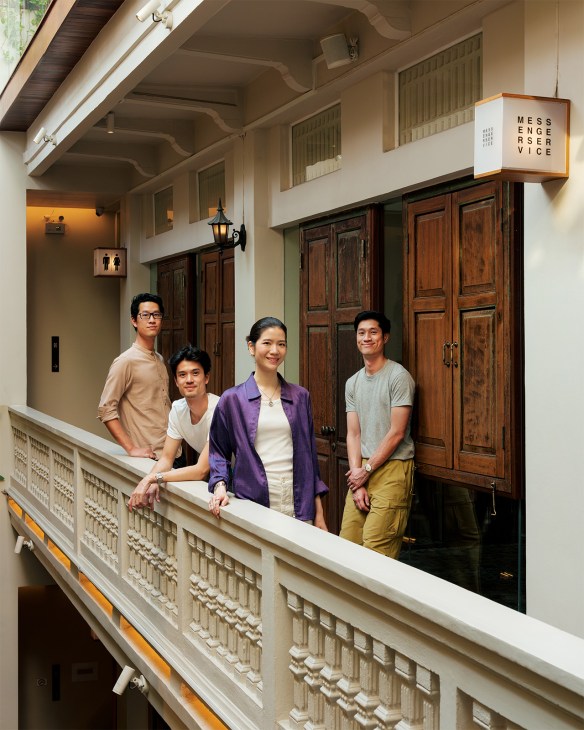

Just a five-minute drive away, Baan Tok Tua Ngork used to be an underutilised ancestral home until the Assakul siblings – Win, Sun, Sandy and Sea – saw how building a creative nucleus would play its part in revitalising their neighbourhood. They thought long and hard about concepts that would bring something original to Chinatown, such as Mexican restaurant Delia and cocktail bar Messenger Service, with the hope that Baan Trok Tua Ngork would be the gateway for others to explore everything else this heritage area has to offer. “Sometimes it’s daunting to explore a place in its traditional form,” says Sun. “You’ll come to Baan Trok but end up discovering many other places, from temples to local food spots. That’s ultimately what we hope this space will set in motion.”
Such care for the community and the city’s creative culture threads through all these Southeast Asian developments – and the difference shows. Neighbourhoods have found a fresh start, and a shared spirit shines forth.
Shoppers in Hong Kong have traditionally congregated in the city’s well-stocked central neighbourhoods but many are increasingly venturing a little further out for their retail fix. A 15-minute drive will take them to The Repulse Bay, a new destination in the southern part of Hong Kong Island, which has undergone a remarkable two-year transformation courtesy of The Hongkong and Shanghai Hotels, Limited.
The beachfront property, which brings together residential units and specialist retailers, is on the site of a former colonial-style hotel. From its opening in the 1920s to the early 1980s, The Repulse Bay Hotel was a glittering institution that welcomed glamorous guests including Ernest Hemingway and Marlon Brando. In more recent times, however, it stood largely forgotten. But The Hongkong and Shanghai Hotels has given it a new lease of life and the complex is drawing more visitors to the southern side of the island, thanks to an impressive overhaul of the tenant mix. The group has focused on boutique retailers instead of mainstream luxury brands, turning the site’s shopping arcade into a hub of best-in-class bakers, restaurateurs, florists and fashion designers.
A trip to the bay now comes with the promise of making fresh discoveries. Tapping into an appetite for all things Made in Japan, several businesses from the country have set up shop here, including workwear brand Human Made. Visitors can also pick up rugs and embroidered kaftans at lifestyle shop Inside, jewellery by accessories brand Via de Lourdes and plenty more.
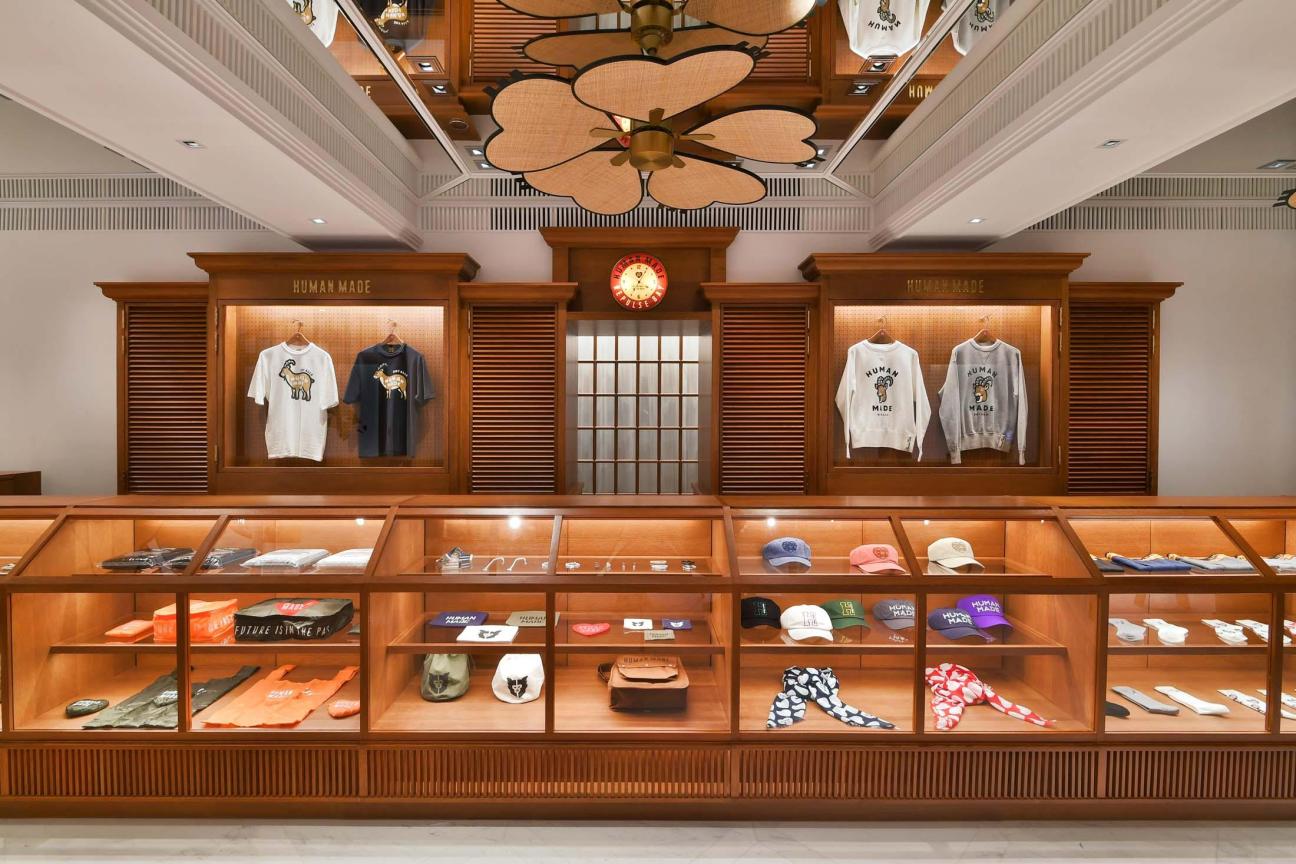
“Many years ago we had brands such as Christian Dior but, right now, we wanted to look at specialists rather than all of the usual shops,” says Olaf Born, who oversaw the transformation as the general manager of The Repulse Bay and Peninsula Clubs and Consultancy Services. Monocle meets him in The Verandah, the restaurant and central landmark of the complex, situated almost precisely where the hotel’s famous live jazz concerts used to take place in the 1930s.

“We also have to take into account the 402 apartments that we have to provide amenities for,” says Born, pointing to the charming residential complex. Here, locals relax on the lawn and families can be seen heading down to the beach in groups. There’s a strong sense of community and the team at The Repulse Bay seeks to nurture it further with monthly cocktail meetings, at which residents are able to share their views on the development of their neighbourhood.
“We looked back at the history of the south side,” says Born. “This used to be The Repulse Bay Hotel, where people would come on holiday and there would always be events happening. Even if we don’t have the hotel, we want to recreate that ambience and make it a destination in Hong Kong again.”
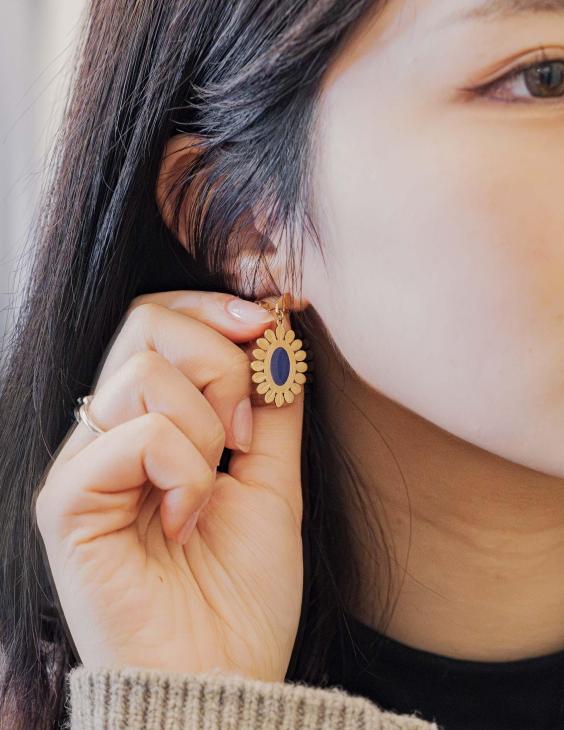


Also joining the neighbourhood are home-grown businesses Caffé Parabolica, Bakeshop Parabolica and florist Blackbird Conservatory, complementing the existing mix of grocers, restaurants and fashion brands. Visitors and residents alike can sip good coffee, pick up Japanese-inspired baked goods and find plants and floral arrangements to brighten up their homes. The bakery and café are already attracting more than 10,000 visitors a month, many of whom come for the popular cream latte and egg sando (a simple sandwich made using thick shokupan bread). The ambition is to double this number by the end of this year.
“We want to assist brands that might not have a presence in Hong Kong, as well as local talent,” says Born. “That makes things very interesting.” The group’s efforts to keep things fresh also involve a series of temporary pop-up shops, collaborations and artist residencies. In December 2024, the shopping arcade hosted a two-day camping-themed event with Japanese brand Visvim. Working with independent businesses aligns with The Repulse Bay’s broader ambition to highlight heritage and great design. Japanese labels, such as Human Made, have proven to be particularly good matches, given their focus on handicraft.
Hong Kong residents often joke about Japan being their second home. Many make trips to the country multiple times a year and there is a long history of cultural exchange dating back to the early 20th century. That’s why bringing Japanese touches to The Repulse Bay is a smart move – and it’s paying off.
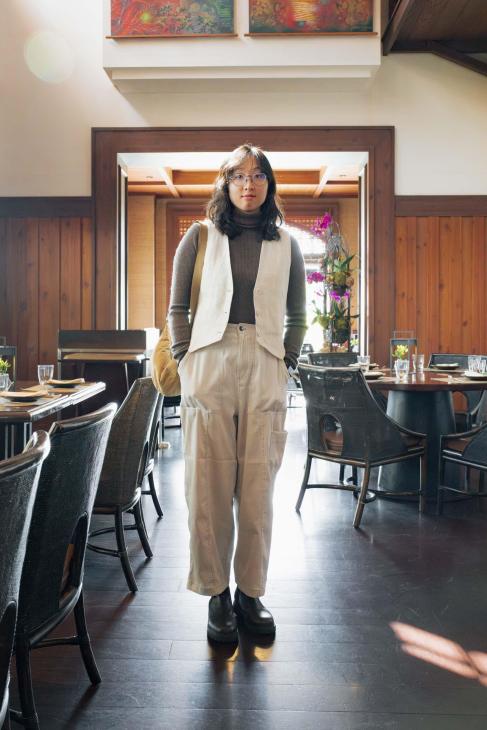

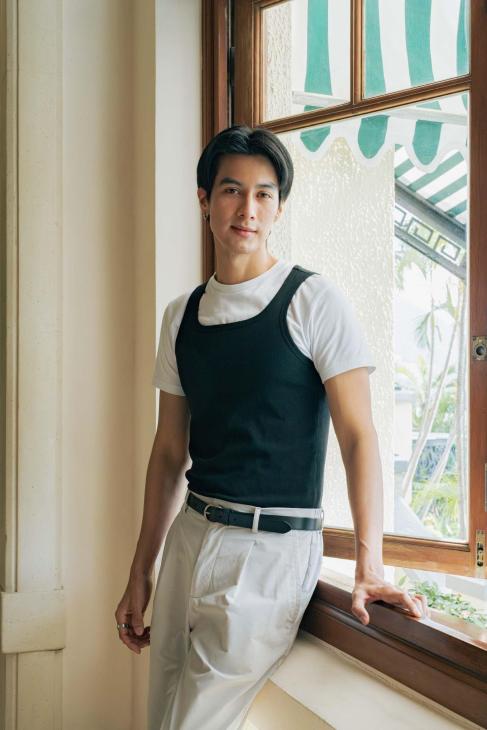
“We have certainly seen a much younger crowd coming from central Hong Kong, not just the south side,” says Born. “We have a lot of younger people using the terrace at [pan-Asian restaurant and bar] Spices. Residents are becoming regulars now too.” It’s a welcome sea change. With new ventures in the pipeline, including markets and brand-specific events, Born is confident that The Repulse Bay can help to re-establish the area as a buzzing Hong Kong destination.
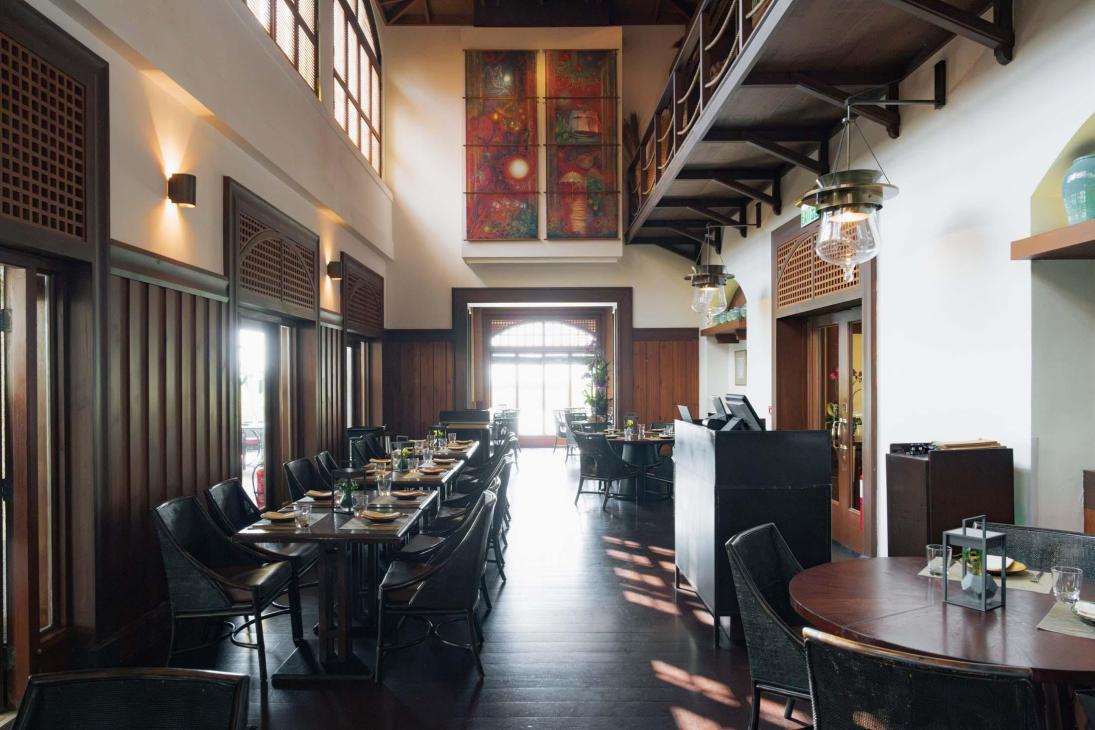
His ambitions run far and wide, encompassing everything from orchestrating the return of tea dances at The Verandah restaurant to opening an archive room that could tell the story of the illustrious development. “There’s a huge history here and we want to find a way of displaying it for future generations, as well as today’s younger people,” he says. Resonant historical references can be found throughout the arcade; in the courtyard, roses are currently being planted to pay homage to the flowers that once encircled the gardens of the hotel. Downstairs, Human Made uses bellboy trolleys as clothing racks. These are filled with vintage-inspired workwear, including chino trousers and elegant bowling shirts. Around the corner is Human Made’s food shop, Curry Up, which is its first international outpost.
“We have seen more brands reaching out to us that wouldn’t have done so in the past,” says Born. “We hope to be a springboard for upcoming designers who might then move to a more central spot for a bigger space. We understand that they’ll outgrow us but that’s fine because it keeps us fresh and gives us space for new tenants.”
Though the transformation is expected to be completed this year, there will always be room to experiment with retail concepts, introduce new names and encourage locals to visit the south side more frequently. “It’s a collaboration between ourselves, the brands and the community,” says Born. “We have beautiful surroundings, a true boutique feel and a few of the very best things.”hshgroup.com


